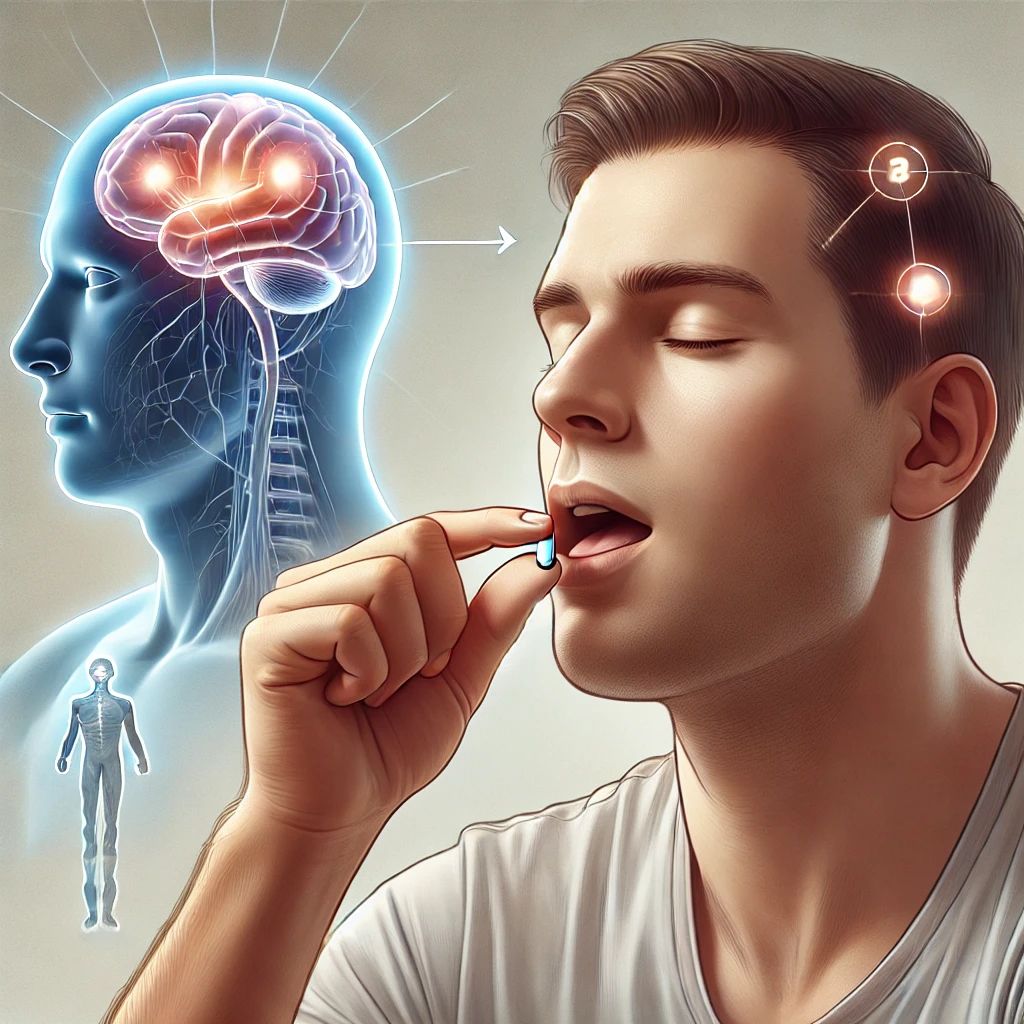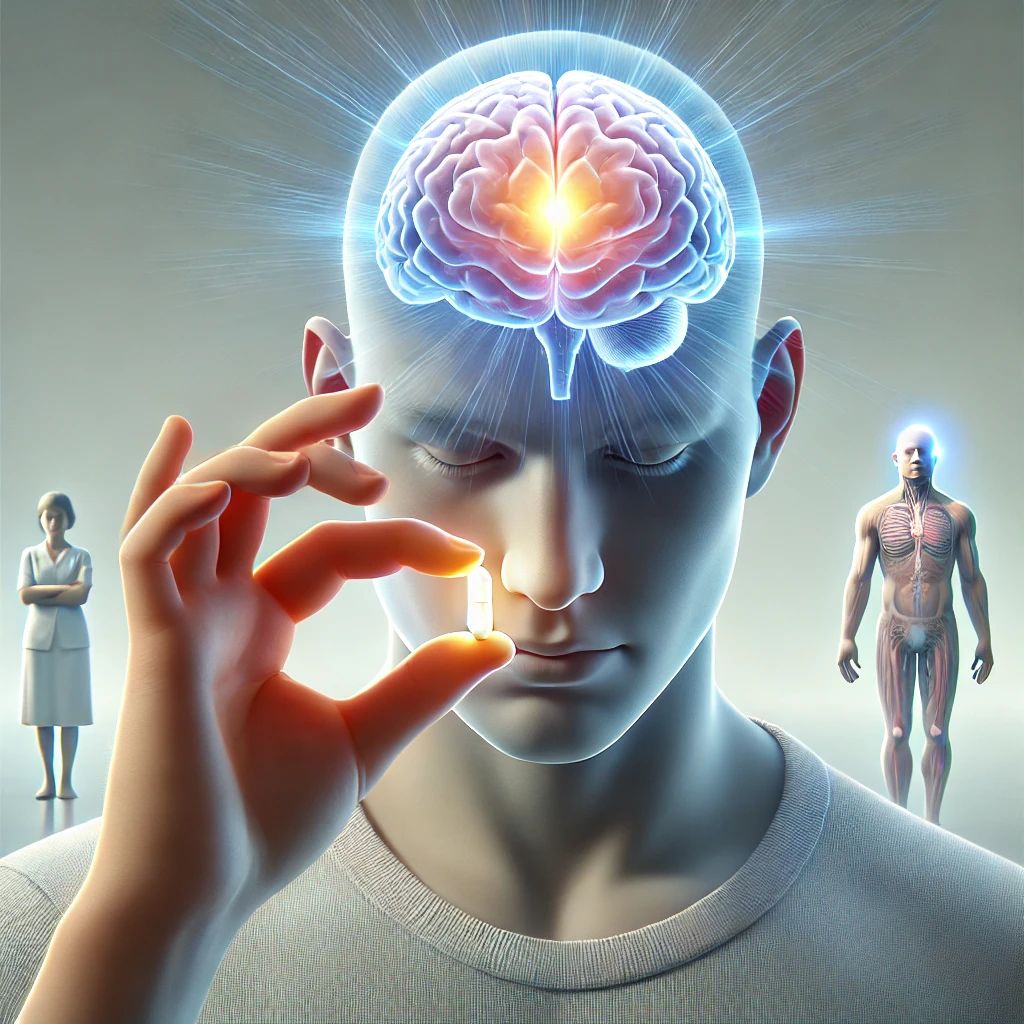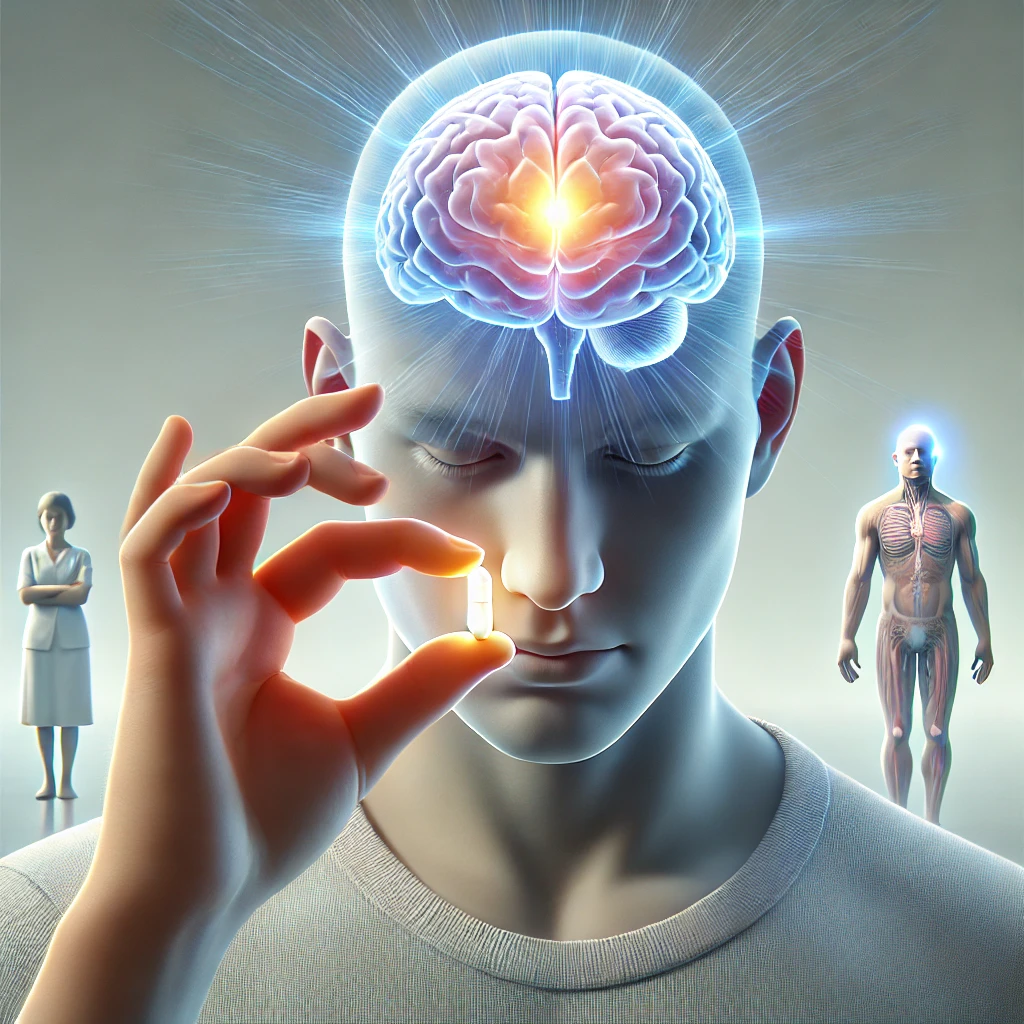The placebo effect is a fascinating phenomenon where people experience real physical changes despite receiving treatments with no active ingredients. But how can something as simple as a sugar pill or a neutral substance lead to actual changes in the body and mind? Does the brain truly have the power to “trick” us into improved health? In this article, we explore how the placebo effect works and whether it can be used as a form of treatment.

The placebo effect occurs when someone believes they are receiving an effective treatment, even though they are actually taking an inert substance, such as a sugar pill or undergoing a fake procedure. This belief in the treatment causes a reaction in the body that results in physical or psychological improvements.
How Does the Brain Respond to the Placebo Effect?
Research shows that when people believe they are receiving a treatment, the brain activates systems that naturally produce substances like endorphins and dopamine, which can relieve pain and create a sense of well-being. These substances act like natural medications, explaining the ability of the placebo effect to reduce pain and improve mood.

Physical Changes Caused by Belief:
The placebo effect is not just a psychological phenomenon. In some cases, it can cause measurable physical changes, such as lowering blood pressure, reducing inflammation, or speeding up wound healing. This is believed to result from positive expectations that activate the body’s stress response and stimulate natural healing processes.
Can the Placebo Effect Be Used as a Form of Treatment?
While the placebo effect has shown significant results in conditions such as chronic pain, depression, and anxiety, it cannot be relied upon as a substitute for real medicine. The placebo effect works best when combined with conventional medicine. It can enhance the effectiveness of active drugs but cannot cure serious diseases on its own.
The Ethical Aspect of the Placebo Effect:
One of the main controversies around using placebos is the ethical concern of deceiving patients. However, some studies suggest that even when patients know they are receiving a placebo, the effect still occurs, opening the door to ethically applying this method in treatment.
The placebo effect is a remarkable demonstration of the mind’s power over the body. While it’s not a magical cure and cannot replace real medical treatments, it shows how positive belief and expectation can significantly impact our health. Exploring the placebo effect helps us better understand the complex relationship between the mind and body, and it may play a greater role in the future of medicine.
For more information about the placebo effect and its impact on health, visit the official NIH article: The Powerful Placebo.
More Useful Links:
The Mystery of Spontaneous Tumor Regression: Can the Body Heal Itself?
Healing Through Sound: Can Specific Frequencies Truly Affect Your Mental State?
Micro-Breathing Breaks: How Short Conscious Breathing Pauses Help Regulate Stress and Energy
